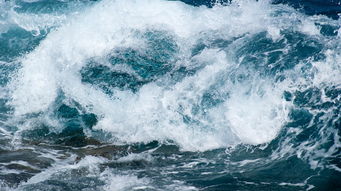关于水的英语科普文学,人们可以从中了解到水的独特性质,如水的化学式、水的密度、水的沸点、水的凝固点等。还可以了解水的重要性,如饮用水、工业用水、农业用水等。也可以探讨水资源的保护和水污染的问题。这些书籍不仅适合学生,也适合对化学感兴趣的读者。
Water is a substance that is essential for all life on Earth. It is a colorless, tasteless, and odorless liquid that is found in lakes, rivers, streams, and oceans. While water may seem like a simple substance, it actually has many unique properties that make it special compared to other liquids.
One of the most notable properties of water is its high specific heat capacity. This means that water can absorb and release heat energy relatively slowly compared to other liquids. This property allows water to maintain a relatively stable temperature when exposed to changes in the environment. For example, when the weather gets colder, water in a lake or river will take longer to freeze than other liquids would.

Another interesting property of water is its density. At 4 degrees Celsius (39 degrees Fahrenheit), water reaches its maximum density and sinks to the bottom of a container. This property allows water to support life by providing a stable environment for organisms to live in. The density of water also affects how it flows and how it interacts with other substances.
Water has a strong tendency to form hydrogen bonds with other water molecules. These hydrogen bonds are responsible for the cohesive force that allows water to stick together and form droplets or waves. The hydrogen bonding also contributes to the surface tension of water, which is why water droplets appear as if they have a skin when they are resting on a surface.
One final property of water that is particularly important for life is its solubility. Many substances, including salts, sugars, and acids, can be dissolved in water to form solutions. This solubility allows for the transport of these substances through the body and for their use in various biochemical reactions. The solubility of water also contributes to its ability to absorb heat energy, as the process of dissolution releases latent heat energy into the system.
In conclusion, water has many unique properties that make it special compared to other liquids. Its high specific heat capacity allows it to maintain a stable temperature, its density provides a stable environment for organisms to live in, its hydrogen bonding gives it a cohesive force, and its solubility allows for the transport of many important substances. These properties are essential for all life on Earth and contribute to the diversity and complexity of our planet’s ecosystems.








